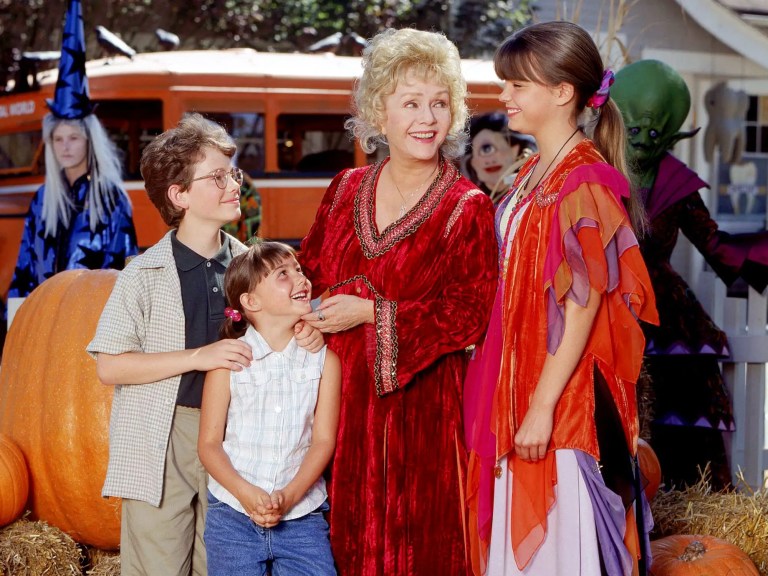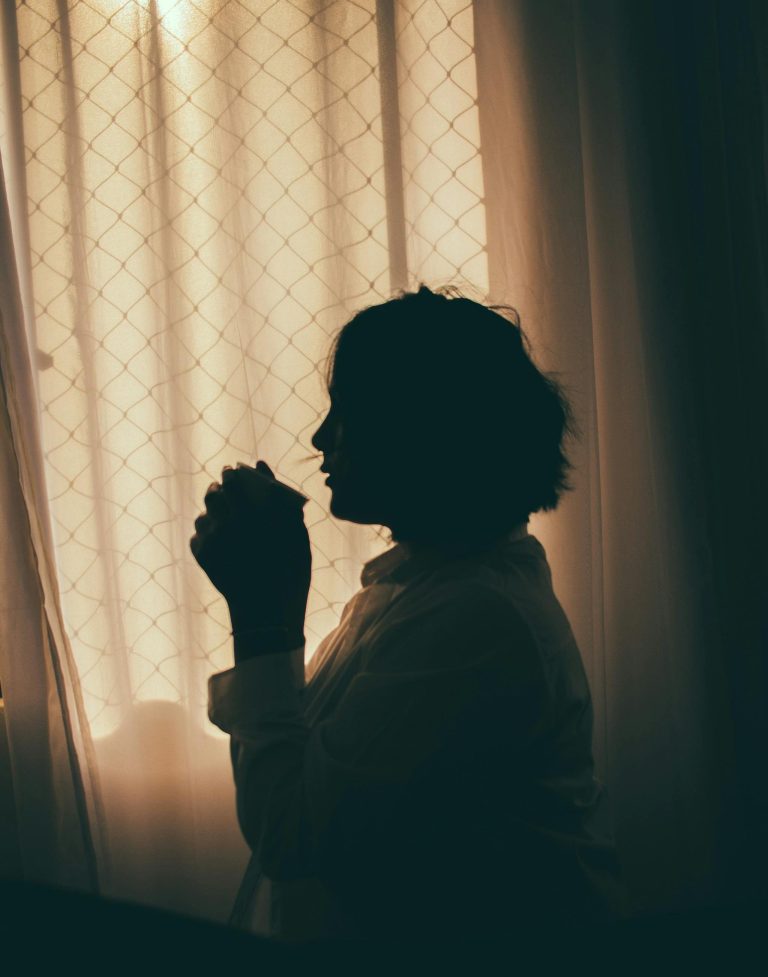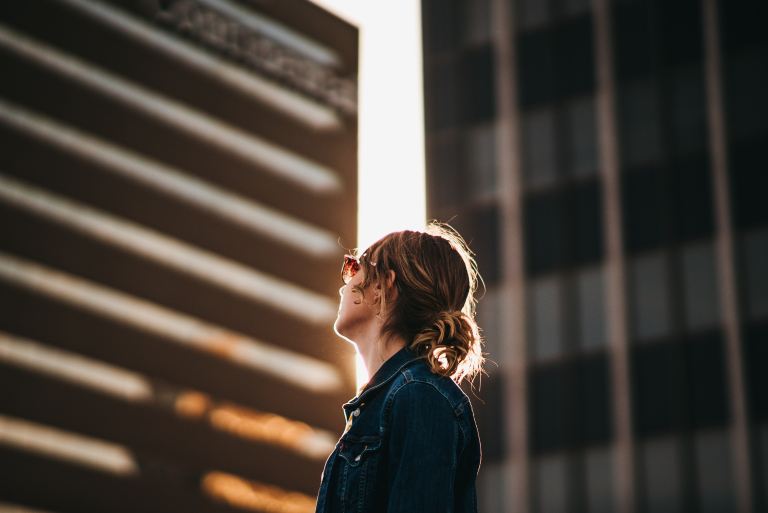
Unmatched Empathy– How IBD Warriors Helped Me Uncover A Strength I Never Knew I Had
By ![]() Jenna Nicole
Jenna Nicole
My Story
Before I was diagnosed, I was in my early twenties attending Cal State Fullerton for their undergraduate program in communicative disorders. I also just started my career as an up-and-coming fitness instructor. I was always on the go and was struggling with a lot of stress, anxiety, and buried trauma. The only way I knew how to deal with my emotional pain was to swallow it. I personally believe that my Crohn’s symptoms manifested because my body could no longer handle the emotional pain I was continually swallowing. I was crying out for help, yet I was ignoring the signs until my pain started to manifest as physical symptoms.
October 2015
I noticed my lower abdomen was starting to feel like it was inflamed and swollen. Rapidly my symptoms started to increase. I remember feeling so sleep-deprived because I was running to the restroom throughout the night and day; constantly in excruciating pain. At first, I thought I may have had the stomach flu, but over time I realized it was more serious.
February 2016
My symptoms became unbearable. Sleepless nights because of the agonizing pain; frequent excruciating bathroom trips; sores in my mouth; severe nausea; severe fatigue; low-grade fever. I immediately made an appointment with my primary care physician (PCP) who did a routine check-up and kicked off a spiral of hospital visits that felt endless. Pinning down a good gastroenterologist (GI) felt impossible and as time progressed I found myself in the ER. Instead of taking my pain seriously, the physician assistant I saw dismissed my issues as “woman problems,” leaving me in tremendous pain once again. Thankfully, my mother came to my rescue and the GI that was my saving grace.
Valentine’s Day, 2016
I was admitted to the hospital after spending the weekend crying and screaming in pain constantly. It was extremely frightening and daunting as this was my first time ever admitted to a hospital. My friends and family kept stating they hoped it wasn’t Crohn’s Disease, but when I woke up from my first endoscopy and colonoscopy, I learned it was just that.
After being discharged, I went through the stages of grief. I was grieving the death of my health. One of the hardest things for me to grasp was having to take lifesaving medications for the rest of my life. Grieving and adjusting to a new normal was extremely difficult. I was naive and it was a battle I had to face on my own.
After the discharge, I was given a number to a specialty pharmacy– little did I know this was only the beginning of testing various medications that rarely lessened my pain. I was in and out of the hospital roughly every six months for the next two and a half years. I felt like my GI doctor kept moving the goalpost for when I should have noticed the medications to start to take effect.
2017-2018
I sought out help from an integrative medicine physician and therapist. I also sought out help from three different pain management physicians. Because of my age, it was difficult to find a pain management physician that would take me on as a patient but the third one I found was a godsend. She completely changed my life and gave me my first stem cell treatment which led me to remission.
I don’t give all the credit to stem cell infusions. I also learned what my triggers are and how to manage them. Being in such a poor state of health was a very low point in my life, yet I chose to be resilient and figure out how to heal myself physically, mentally, emotionally, and spiritually. This monumental experience also taught me the importance of growth. I personally believe we are all better people when we constantly keep striving for growth. We should make it a life goal to actively strive toward evolving into the best versions of ourselves, throughout our entire life. Otherwise, it’s easy to become stagnant and dwell on feelings such as shame, guilt, anger, trauma, regret and so on. I know because I have felt that way before. I chose to be the type of person that isn’t afraid to be introspective and heal the parts of myself that are extremely hard to face. I hope that’s the message others receive when they interact with me or see my posts on social media. I have a desire to help others and I hope that by telling my story and perspective, it inspires and motivates others who have gone through something similar.
Although I know my journey to remission is unconventional and took me through a lot of ups and downs, I’m thankful that I advocated for myself along the way and educated myself no matter what. Navigating life with Crohn’s Disease can be challenging. When I was first diagnosed, being offered unsolicited advice from friends and family was extremely frustrating. Not to mention, how intimidated I felt bringing up my Crohn’s Disease in certain situations, like a work setting. But as I have gotten older, I have learned to reframe those perspectives. The information you share is dependent upon the person you are talking to and the type of environment you’re in. Most often when someone wants to discuss IBD, they mean well and are trying to bond or show sympathy. But not everyone is going to understand or care and that’s okay! But, that’s why connecting to a community that understands you and inspires you is important.
Affirmations For Other IBD Warriors
Crohn’s Disease has played a very influential role in my life. I have learned a lot of valuable lessons such as the importance of being your own advocate and the mind-body connection. The best part of this whole experience is connecting with so many different people and knowing that I make a positive impact in their life by sharing my journey publicly. The IBD community has made me feel less alone. My heart is full when someone reaches out just to tell me that I inspire and motivate them. When I started to share my story with Crohn’s on Instagram and Facebook, I had so many wonderful Inflammatory Bowel Disease (IBD) Warriors reach out to me. Some of them have become my lifelong friends and have taught me not to be afraid to reach out.
I know advocating for yourself is a challenging task, especially when you’re in pain and are low on energy but do not lose your hope and faith that things won’t get better, because they will. I often refer to the IBD Community as IBD Warriors because that’s what we are.
Every time I connect with a new IBD Warrior, I am always amazed by how much we have in common. Not only do we have similar experiences, but we have learned how to adapt and be resilient. Furthermore, we have gained a level of emotional intelligence that others don’t fully understand. Empathy comes from emotional intelligence, it’s a learned emotion, it’s not something we’re born with. When I encounter individuals radiating vast amounts of empathy, I can’t help but wonder about the trauma and pain they have had to face to lead to so much compassion.
The heartache you have had to endure wasn’t fair but the world is so much better with you in it.
I know, because so many of us IBD Warriors have learned to take our trials and turn them into triumphs. The resilience and strength showcased by the IBD Community is unparalleled– and you are a part of that.











